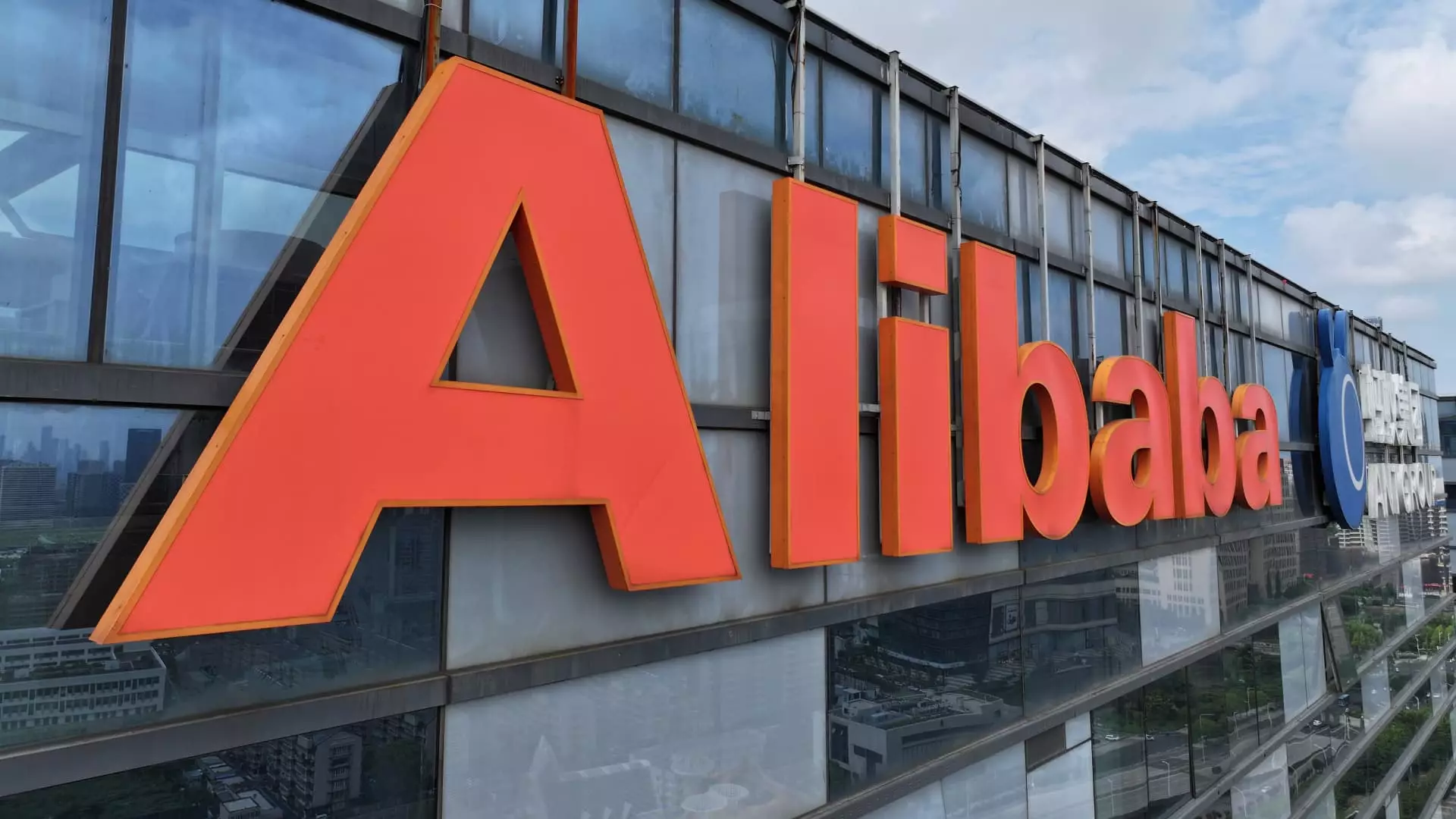Alibaba, the Chinese e-commerce giant, has recently announced the completion of a three-year regulatory “rectification” process. This process was initiated following an antitrust fine imposed on the company in 2021 on charges of monopolistic practices. While the news of the completion has led to a positive response from investors, it is crucial to delve deeper into the details of this regulatory journey to fully understand its implications.
In 2021, China’s State Administration for Market Regulation (SAMR) fined Alibaba a substantial amount of 18.23 billion yuan ($2.6 billion) as part of an anti-monopoly investigation. The focus of the investigation was on a practice known as the “choose one” policy, which forced merchants to select one of two e-commerce platforms, thereby limiting fair competition. Following this fine, the SAMR closely supervised Alibaba’s journey towards compliance with antitrust regulations, ensuring that the company ceased its monopolistic behavior.
The completion of the regulatory rectification process signifies a significant milestone for Alibaba, as it marks the resolution of one of its major regulatory issues with the Chinese authorities. Analysts have noted that this development is a positive indicator for the company’s future operations, highlighting a fresh start and a commitment to compliance. However, it is essential to recognize that Alibaba’s regulatory challenges have not been limited to this specific case, as the company has faced ongoing scrutiny from Chinese regulators in recent years.
The regulatory landscape for technology companies in China has become increasingly complex, with the government enacting several measures to curb the power of domestic tech firms. The crackdown, which began in 2020, has encompassed a wide range of issues, including antitrust regulations and gaming restrictions. Alibaba’s founder, Jack Ma, has been at the center of this regulatory storm, with his financial technology firm, Ant Group, facing similar challenges. Despite the completion of the rectification process, Alibaba and other tech companies continue to navigate a challenging regulatory environment.
Alibaba’s stock has faced significant volatility in recent years, with regulatory concerns weighing heavily on its performance. The stock has plummeted more than 70% from its peak in 2020, reflecting investor unease regarding the company’s regulatory risks. While the completion of the rectification process may provide some relief to investors, it is essential to recognize that Alibaba still faces challenges in the form of slow growth and increasing competition in the e-commerce sector. The company’s ability to adapt to evolving market conditions and maintain regulatory compliance will be critical to its long-term success.
Alibaba’s regulatory journey highlights the complex interplay between government oversight, corporate compliance, and market performance. While the completion of the rectification process is a step in the right direction for the company, it is clear that regulatory challenges will continue to shape its future trajectory. As Alibaba seeks to regain investor confidence and navigate a dynamic regulatory landscape, the coming years will be crucial in determining its place in the global e-commerce industry.


Leave a Reply